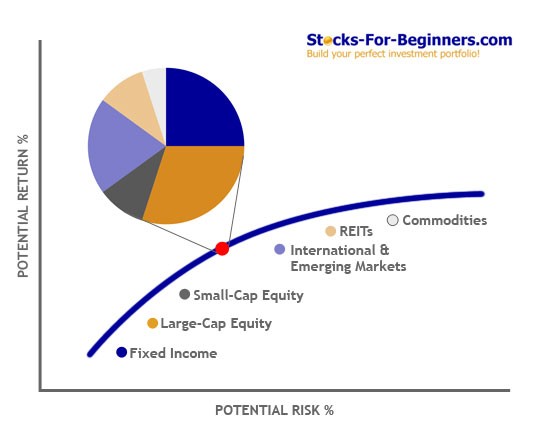The Theory of Stock Market Efficiency
Post on: 7 Май, 2015 No Comment

Some investors believe stock prices are never misjudged by the market.
Comstock/Comstock/Getty Images
More Articles
The goal of every stock market investor is to do better than the averages. According to the efficient market theory, you can’t. The hypothesis suggests that stock prices reflect the average value that investors place on the stock. The idea is that there are so many investors analyzing a stock that it’s very unlikely that any facts go undiscovered. That means you stand no chance of stocks that are underpriced, according to the theory.
Reliable Information
Information about stocks and companies in the United States is cheap and very reliable, according to the Library of Economics and Liberty. This is partly because publicly traded companies are required to disclose all financial information
It is also the result of the Internet. Numerous sites post financial information and news about companies and their stocks. This means that on any given day, investors as a group know all the information about a stock and can determine what it is worth to them.
Buy vs. Sell Orders
Efficient market theory does not state that investors agree on the price. In fact, it is their disagreement that makes the market efficient. Many will see a stock as a good buy, and those who disagree will be glad to sell them their shares.
Each buy-and-sell transaction carries a price the traders agree upon, and the average of all those prices becomes the true value of the stock. For example, a stock that sells throughout the day for $24, $25, $26 and then $23 has sold for an average price of $24.50.
In practice there are thousands of trades each day on an active stock. The price fluctuations are averaged in, and the stock ultimately reflects all of the pricing decisions that investors have made for the day. No one actually averages the price. The actions of thousands of investors simply result in a fair price at the end of the day.
Undervalued Stocks
Investors constantly seek stocks the market has overlooked. The efficient market theory states that prices reflect all current information, so those hunting undervalued stocks try to make educated guesses about future information. They look for trends in company profitability that others might not have noticed, or they try to predict the profitability of a product the company plans to introduce.
However, the theory suggests that even all of those predictions about the future have already been priced into the stock.














